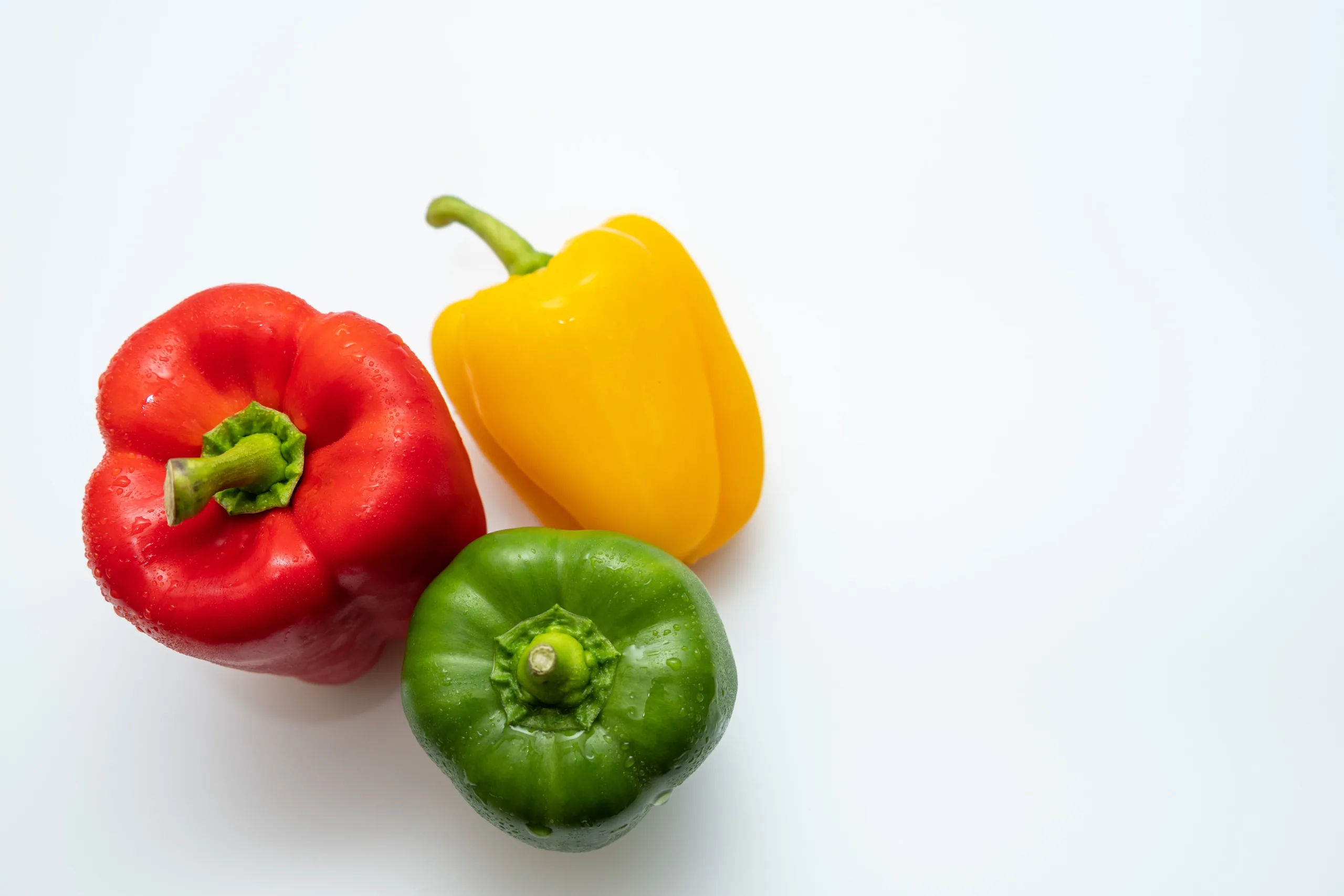Introduction:
Can Cats Eat Bell Peppers? As pet owners, we often find ourselves wondering if some human foods, like bell peppers, are safe for our feline friends. Bell peppers, with their vibrant colors and crunchy texture, are commonly used in various culinary dishes. However, when it comes to cats, their dietary needs differ from ours, and not all human foods are suitable for them. In this article, we will explore whether cats can eat bell peppers, the potential risks of feeding bell peppers to cats, and the best practices for providing a healthy and balanced diet to our feline companions.
For more about cats click here
Understanding Feline Nutrition:
Cats are obligate carnivores, meaning their bodies are designed to thrive on a diet of animal-based proteins. They require essential nutrients like taurine, arachidonic acid, and specific vitamins that are primarily found in animal tissues. While cats have taste receptors for sweetness, their natural diet does not include vegetables like bell peppers.
Can Cats Eat Bell Peppers?
Bell peppers are not toxic to cats, and in small amounts, they are generally not harmful. However, they do not provide any nutritional benefits for felines. Cats lack the enzymes needed to efficiently digest and utilize the nutrients from plant-based foods like bell peppers.
Can Cats Eat Bell Pepper Seeds?
While bell pepper seeds are not toxic to cats, it is best to remove the seeds before offering bell peppers to your feline companion. The seeds can be a choking hazard, and they do not contribute to a cat’s nutrition.
What Vegetables Can Cats Eat?
Cats can consume certain vegetables in moderation. Safe vegetables for cats include cooked and plain green beans, cooked carrots, and small amounts of cooked pumpkin or squash. These vegetables should be offered as occasional treats rather than a regular part of their diet.
Can Pets Eat Bell Peppers?
Bell peppers are safe for some pets, including dogs and certain small mammals, in small amounts. However, it’s important to note that not all pets have the same dietary requirements, and some may not tolerate bell peppers well. Always consult with your veterinarian before introducing new foods to your pet’s diet.
Can Cats Eat Cooked Capsicum?
Capsicum is another term used to refer to bell peppers. While cats can consume small amounts of cooked bell peppers, it is not necessary for their diet, and it does not provide any significant nutritional benefits for them.
What Vegetables Can Cats Not Eat?
Some vegetables are toxic to cats and should be avoided entirely. These include onions, garlic, chives, leeks, and shallots. These vegetables can cause serious health issues, including gastrointestinal upset, anemia, and even organ damage.
What Vegetables Are Not Toxic to Cats?
Cats can safely consume some vegetables in small amounts, such as cooked and plain green beans, cooked carrots, and small portions of cooked pumpkin or squash. Always offer vegetables as treats and not as a primary food source for your cat.
FAQs on Can Cats Eat Bell Peppers?
1. Can cats eat bell peppers?
While bell peppers are not toxic to cats, they do not provide any nutritional benefits for felines. Cats lack the enzymes needed to efficiently digest and utilize nutrients from plant-based foods like bell peppers.
2. Can cats eat bell pepper seeds?
Bell pepper seeds are not toxic to cats, but they should be removed before offering bell peppers to your feline companion due to the risk of choking.
3. What vegetables can cats eat?
Cats can safely consume certain vegetables in moderation, including cooked and plain green beans, cooked carrots, and small amounts of cooked pumpkin or squash.
4. Can pets eat bell peppers?
Bell peppers are safe for some pets, such as dogs and certain small mammals, in small amounts. However, always consult with your veterinarian before introducing new foods to your pet’s diet.
5. Can cats eat cooked capsicum?
Cooked capsicum is another term used for cooked bell peppers. While cats can consume small amounts of cooked bell peppers, it is not necessary for their diet and does not provide significant nutritional benefits.
Conclusion:
While bell peppers are not toxic to cats, they are not a necessary part of a feline’s diet. Cats are obligate carnivores and require animal-based proteins for optimal health. If you choose to offer your cat small amounts of bell peppers or other vegetables, it should be done as an occasional treat and not as a primary food source. Always consult with your veterinarian regarding your cat’s dietary needs and ensure they receive a well-balanced diet to support their overall well-being.
Click here for more
